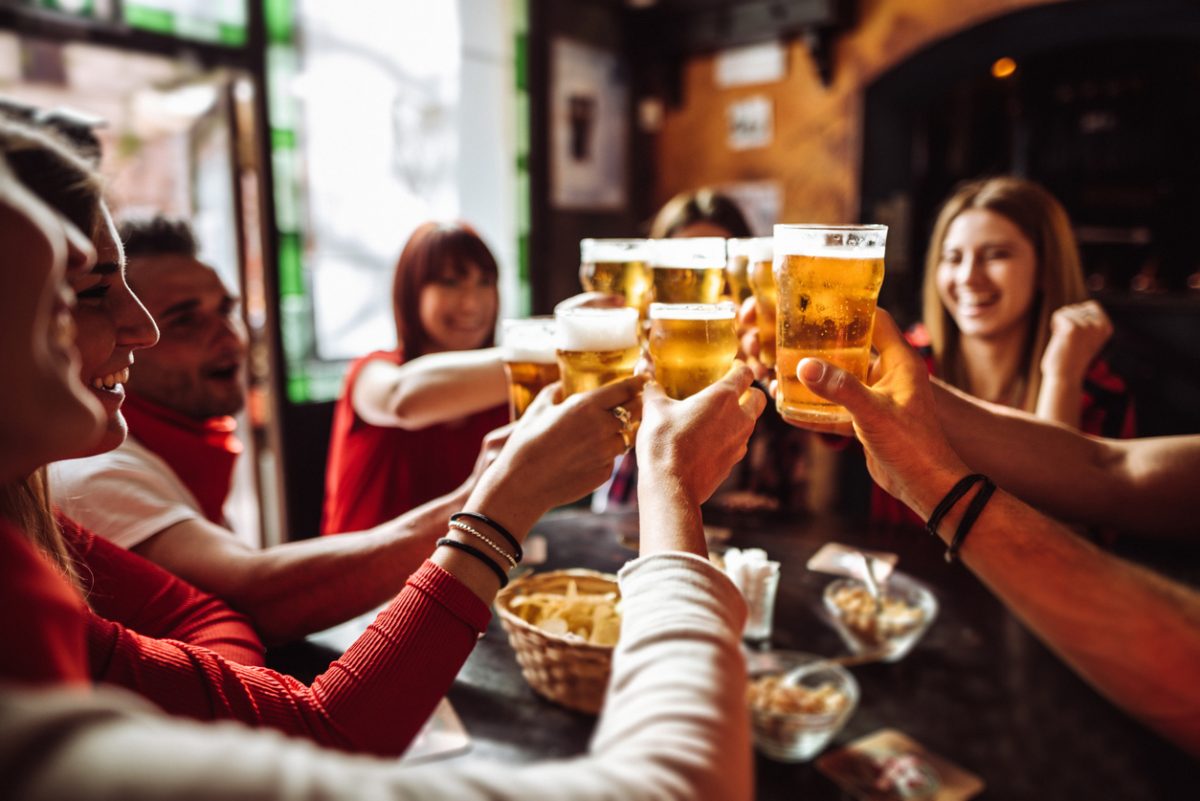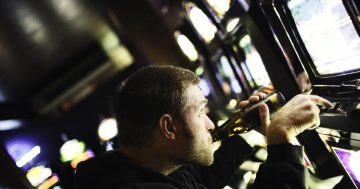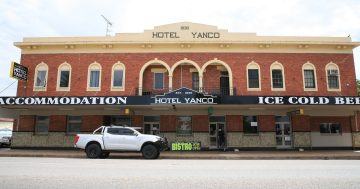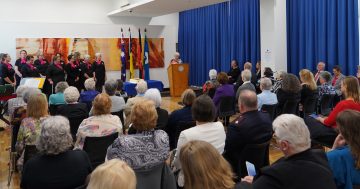
The NSW Government has introduced a new safe drinking campaign to better protect patrons and venue staff from potential risks related to alcohol. Photo: frankreporter.
The NSW Government has unveiled its ‘Think Safe to Drink Safe’ campaign to create a safe and vibrant environment for the hospitality industry.
The new campaign aims to mitigate the safety risks of dangerous drinking for patrons and venue staff by educating both on positive drinking behaviours.
Minister for Gaming and Racing David Harris said he was particularly concerned by data from the NSW Bureau of Crime Statistics and Research which found NSW Police recorded 220 food or drink spiking incidents between July 2022 and June 2023 – an increase of 20 per cent on the previous year.
“This campaign is crucial for raising awareness of drink spiking, which is at its highest rate in NSW for five years,” Mr Harris said.
“Drink spiking is a serious criminal offence and I encourage anyone who experiences or witnesses this behaviour to report it to NSW Police.
“The NSW Government is committed to supporting efforts that help venues keep their patrons safe, as well as educate patrons themselves on what to be alert for.”
The educational campaign will also feature information and tips on how to drink safely; the tips include:
- Don’t accept drinks from others
- Pace yourself
- Avoid shouts, drinking games or shots
- Eat before or while you are drinking
- Stay busy
- Trust your feelings or instincts
- Have a ‘plan B’
- Always tell your mates where you’re going
- Keep an eye on your mates
- Be wary of drink spiking
- Consent and boundaries – if someone is drunk, they can’t consent
- Recognise when you need to call for help.
Mr Harris said he would like to invite all NSW venues to roll out the campaign’s creative assets which include posters, fact sheets, coasters and social media tiles to aid in educating their patrons and staff.
“I am pleased to see the campaign receiving tremendous support from industry representatives and police at yesterday’s Liquor Accord Forum held in Darling Harbour,” he said.
“By working together, we can ensure everyone has an enjoyable and safe summer season in our great venues across NSW.”
Liquor Accords are made up of liquor licensees, community members, businesses, local councils, police, government departments and other community groups. These groups work together to develop strategies for tackling alcohol-related issues, antisocial behaviour, and violence in local areas.











